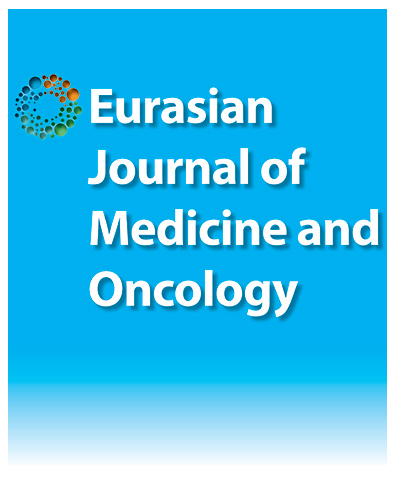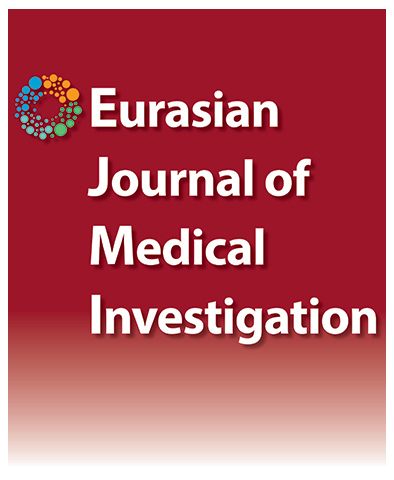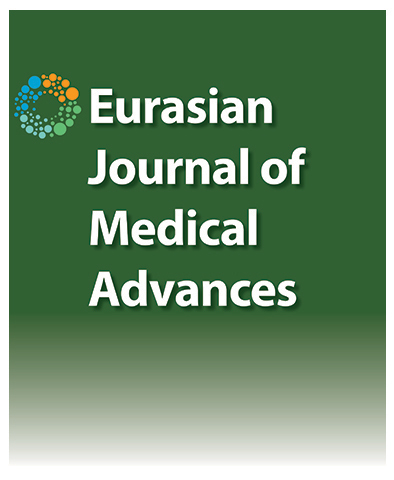Myeloid toxicity profile is related to treatment outcome in trials of second-line chemotherapy of patients with metastatic colorectal cancer
Giuseppe Antonio Colloca, Antonella VenturinoOncologia Medica & Innovation, Dept of OncologyObjective: Although for targeted therapies some toxicities have been shown to predict drug activity, this is unclear for cytotoxic chemotherapy. However, various studies have documented that neutropenia is related to the activity of chemotherapy in patients with metastatic colorectal cancer (mCRC). The aim of the study is to evaluate whether a difference in toxicity rate between treatment arms corresponds to a different progression-free survival (PFS).
Methods: A systematic review and a selection of the randomized phase III trials of second-line chemotherapy of patients with mCRC were performed. All the studies that reported bone marrow (neutropenia, anemia, thrombocytopenia) and gastrointestinal (diarrhea, stomatitis, vomiting) toxicities were included. For each trial, the relationship between the difference in the frequency rates of each of the toxicities between study arms with the difference in PFS was evaluated by Pearson's test (rho), in order to detect a possible correlation between toxicity and outcome.
Results: Thirteen studies were selected. The difference in neutropenia rates between the study arms correlated with the difference in PFS (rho = 0.817; p-value 0.004; 10 studies). In particular, the correlation was significant for mild neutropenia (rho = 0.764; p-value 0.004; 12 studies). Similar data were detectable for thrombocytopenia and anemia, but not for diarrhea and vomiting.
Conclusion: Differently than gastrointestinal side effects, a mild to moderate bone marrow toxicity is associated to the activity of second-line cytotoxic chemotherapy in patients with mCRC, and therefore it could reflect not only the direct toxicity of the drugs but also some chemotherapy-related response mechanisms.
Corresponding Author: Giuseppe Antonio Colloca, Italy
Manuscript Language: English






